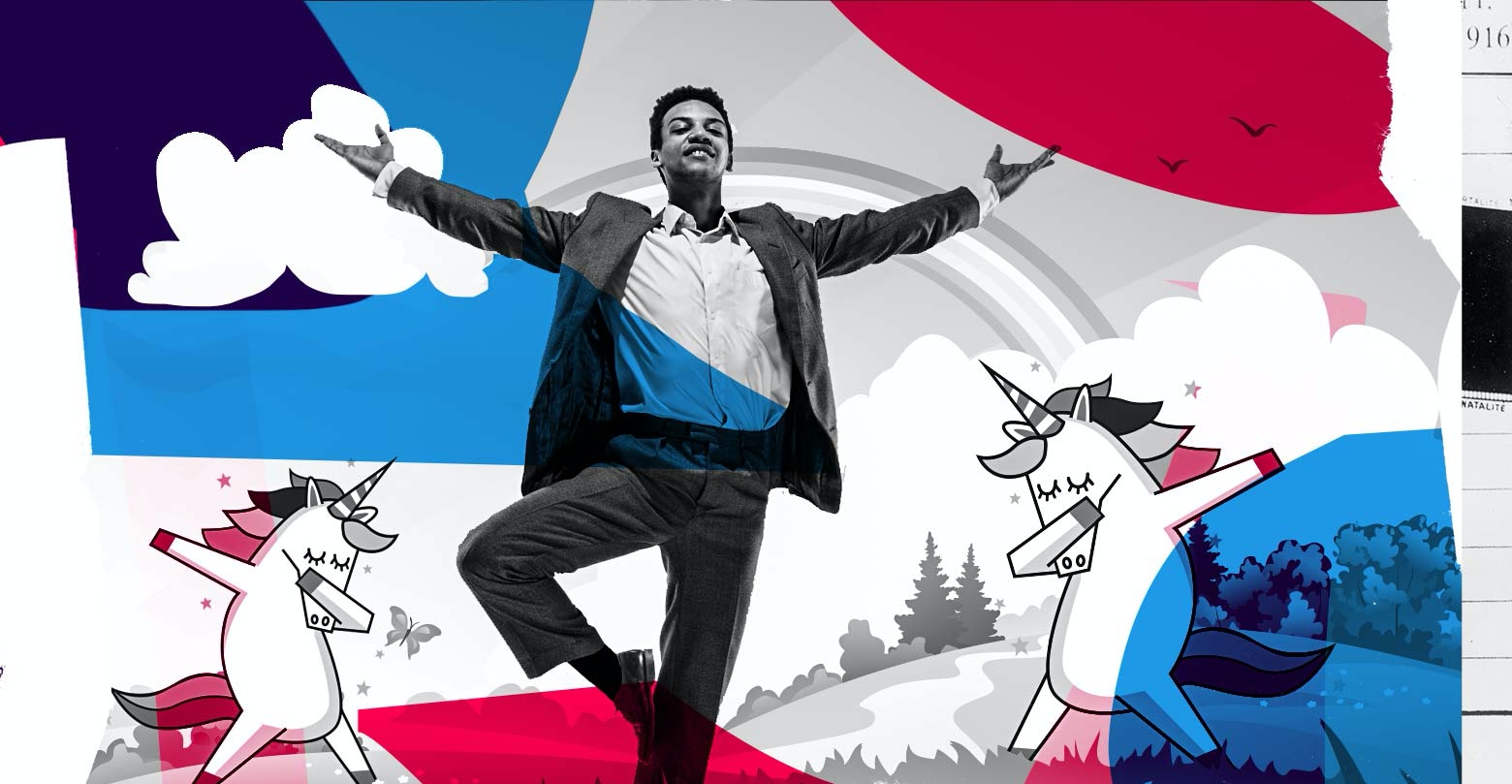
A profession is attached to us at a very young age. “My child will be a lawyer.” “He’ll become a doctor and take care of me.” “Our child is the engineer of the future.” Then the professions we aspire to begin to form in our minds. “I’m going to be an astronaut.” We choose a different profession almost every month, and when we realize what we really want to study, we are blown away. “Yes, that will be my job.” Well, did we really choose our dream job? Author Alison Green has written a very good article on this topic. Let’s listen from him:
Because I write about job recommendations, I hear from a lot of people who think they’ve found their “dream job.” There are also those who want to learn how to get a job in this dream job. There are also those who seek guidance on how to overcome being unemployed. There are also those who are excited to be hired. Many write to me.
First of all, remember this: we cannot tell from the outside whether a job is a dream job or not. Yes, this can be a really great job, but it can also turn into a nightmare for you. Things that make people think of their “dream job”, such as the type of job or the prestige of the company; A terrible boss can be quickly overshadowed by a frustrating company culture, overwhelming workload.
When you get inside, you can witness that things are not as they seem from the outside.

“I was teaching kindergarten and heard that the in-house nursery for a large local biotech company was a great place. I dreamed of working there for years. And then it happened that I saw a job posting for a teacher in my preferred age group, applied and got the job.
“An irreparable bite problem has arisen in our class! One of the children bit the other, causing serious harm. Some things became unbearable for me. Moreover, my supervisor asked me to lie if the parents asked me about it. I then started to feel the parents’ eyes on me more. “One day my supervisor insisted that I tell the parents the biting problem was “fixed”. I left a note, went outside, and left my badge in the parking lot. I didn’t even put this “dream job” on my resume.”
The dream job fallacy isn’t just disappointing. Some job seekers are so convinced they’ve found their dream job that they ignore the red flags that give them pause.

“My current job is seen as an absolute ‘dream job’ in my industry, also directly related to my very niche workspace. The company prides itself on its cool and progressive image. In my first job interview, I witnessed the office and work environment being in serious chaos. There was a mass interview with the candidates. It was very crowded. This was the first sign of the chaos here. Also, in the interview, I witnessed that the work in this office was managed with common sense, not the expertise and skills of the employees here. But I ignored it because it really was my dream job. “I thought it couldn’t be as bad as it seemed at the time. I was hired. This confusion and a series of indecisions resulted in me having to do more than 60 drafts of a booklet. I resigned that day.”
The myth of the “dream job” can also cause people to stay in bad situations much longer than they should. After all, it must be their dream, and it’s hard to reconcile that with walking away.

“More than two years ago I was hired by a visual arts organization. It was one of what I call my ‘dream job’. It was a really great opportunity, but it was a huge job. This job has been affecting me emotionally for a while, I’m starting to run out. I like to work in theory, but it is very difficult for a person to keep up with the long run. I also get really low wages, never got a raise, and have a second job to make a living.
“This was my second job looking for staff. I was making more money. After a while they offered me a full-time job. That was a good offer! Now I could even start saving. I had to resign from my job in the visual arts. If I did that, I was offered a full-time job. I would lose a job, the future opportunities it could give me, and the positive things like having control over my job. But on the other hand, I feel like I would get my life back in many ways. With a better financial situation, I could go on a vacation, save up for a master’s degree, and actually start making art again. It’s a really tough decision. I’m considering quitting my “dream job” because it’s consuming my life.”
There are things like dreams. That a job is like a dream; You can’t notice it without being there for a while, seeing your colleagues, getting to know your manager, and getting a chance to get to know the company culture!

“I’m currently working at my dream job. At the interview, it seemed like a good place with interesting jobs and the manager I was working for seemed reasonable. I was here for 6-12 months when I realized I was at my dream job. I’m happy here. I’m grateful here. The team I’m in is full of great people and while I’m in the office (most time) I am very happy. There was no way I knew that before I started.”
Maintaining a healthy skepticism and excluding idealization, these logical perspectives will keep your head out of the clouds. Try to find jobs where you can live your life instead of your dream job. Good luck finding a job you love.












